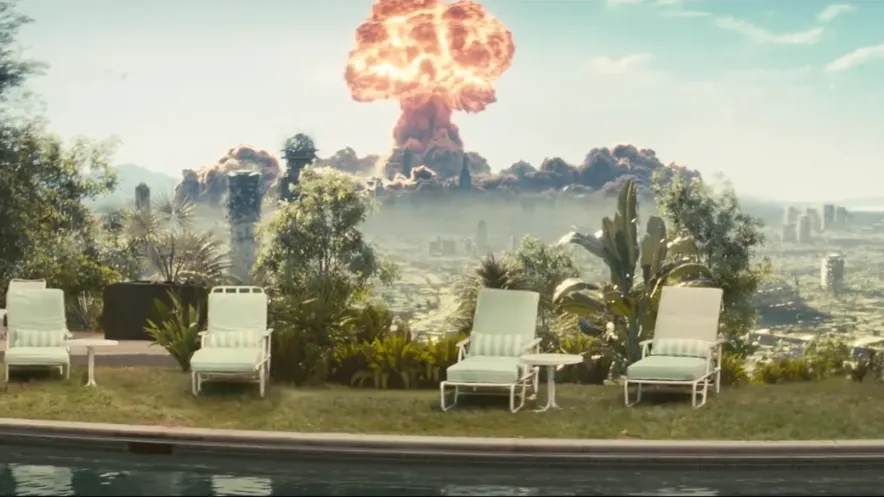"We are in a pre-war state." What about the security of critical infrastructure in Poland?

- All threats identified in the National Crisis Management Plan can now occur due to deliberate human intervention. "All these threats create various types of crisis situations, which are not necessarily war-related, but the consequences for industry and the civilian population can be very serious," emphasized Professor Mirosław Banasik from the Institute of Security of the National War Studies University during the "Infrastructure, Investments, Security" debate at the "Defense Industry" conference.
- Mieczysław Bieniek, a retired Polish Army general and NATO's deputy strategic commander from 2010 to 2013, said that infrastructure monitoring, an efficient notification and training system, and segmentation of the network itself are key to building infrastructure resilience. "We can't concentrate all our forces and resources in one place. Distributed logistics, the same applies to civilian infrastructure," he noted.
- "We need to create a framework for financing all these investments that are intended to be dual-use. However, if dual-use is slightly more expensive, someone has to pay for it, and secondly, we also need to develop legal standards that will allow us to implement such projects," noted Alan Beroud, CEO of Polish State Railways.
- We are in a pre-war state - this is how Mieczysław Bieniek, retired general of the Polish Army and NATO's deputy strategic commander from 2010 to 2013, described Poland's current situation. He made this diagnosis during the "Infrastructure, Investments, Security" debate held as part of the first edition of the "Defense Industry" event.
Assessing possible scenarios for the development of the situation in our part of Europe, Prof. Mirosław Banasik from the Institute of Security of the State War Studies University , although he did not rule out limited armed aggression by Russia against one of the NATO members, primarily drew attention to actions that fit the model of hybrid warfare.
"Since the annexation of Crimea in 2014, it has become clear that war can be waged differently than before, more cheaply yet effectively, precisely through hybrid warfare," said Professor Banasik, noting that as a result of this change, almost all threats identified in the National Crisis Management Plan can now be triggered by deliberate human intervention. In this context, he emphasized the importance of critical infrastructure , as well as identifying threats and warning entities potentially vulnerable to such actions.
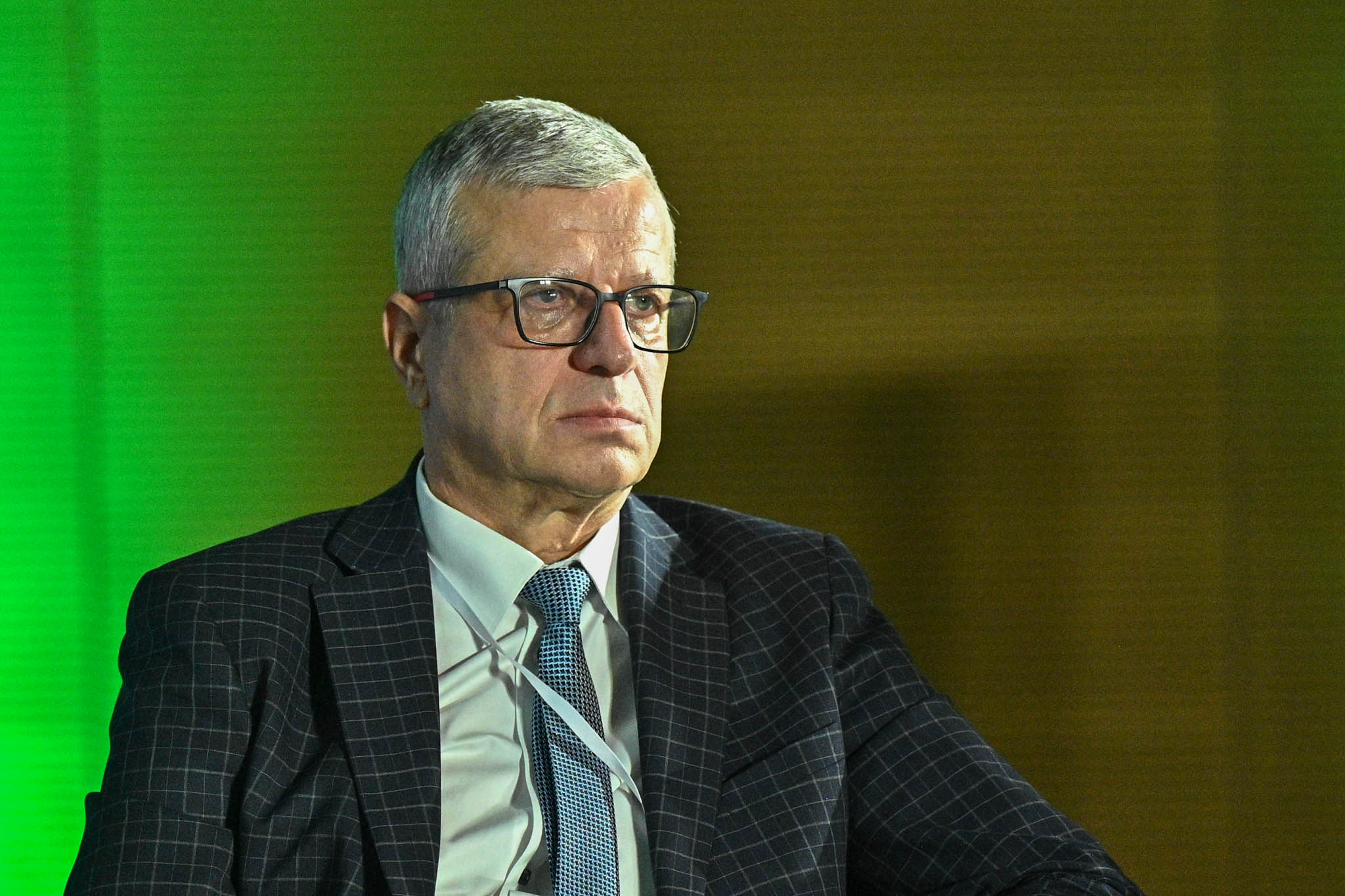
"All these threats create various types of crisis situations, which are not necessarily war-related, but the consequences for industry and the civilian population can be very serious. These threats are not fought by armed forces ; they are targeted at the entire society, and therefore the entire society must be aware , i.e. educated, know what is happening, what can happen, and above all, be resistant to such actions," said Prof. Banasik, adding that information about hybrid threats identified in the country should be directed to a single point, where it would be subject to continuous analysis in terms of their scale and possible consequences.
"What we can do is raise awareness of certain emergency situations . It's worth providing society with simple tools for reporting such situations. Perhaps we can develop solutions, whether it's a mobile app for reporting threats or a simple text message to which the services will respond appropriately," suggested Radosław Zachariewicz, director of Axians .
"We also need to move away from the notion that only people with foreign passports are capable of carrying out various sabotage attempts. In many situations, it's a matter of inspiring someone. Just because a company or institution doesn't employ people of foreign origin doesn't mean that such an institution is safe," warned Marek Wójcik, Voivode of Silesia , who participated in the discussion. He admitted that in the context of this region, which is on the one hand a major industrial center and on the other a key hub of transport infrastructure, potential acts of sabotage are of greatest concern.
Every day of downtime costs dearly. Meanwhile, organizational solutions can help.On the business side, awareness of this shared responsibility for security is already present.
" Motorway patrols, which have always been dedicated to checking for infrastructure damage, have received new instructions – they are now monitoring situations such as someone hanging a camera on an overpass. We also have a continuous exchange of information with state institutions and services, something we didn't have before, " said Andrzej Kaczmarek, CEO of Stalexport Autostrada Małopolska . He also revealed that the company's IT specialists report dozens of cyberattacks daily.
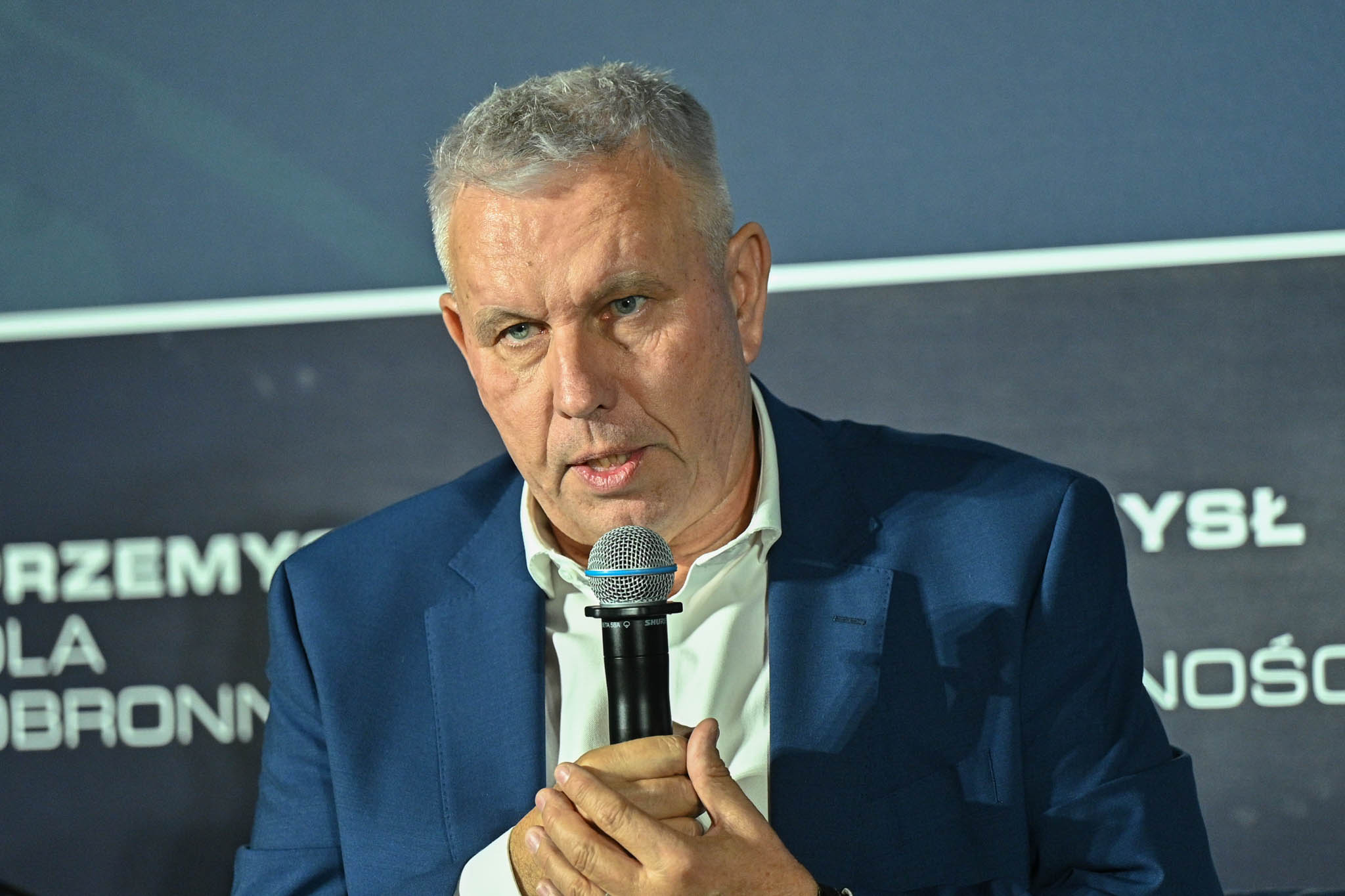
Radosław Zachariewicz highlighted the security-related costs incurred by private companies related to IT infrastructure investments. However, he pointed out that basic aspects, such as connectivity, are often neglected, resulting in very expensive infrastructure based on very simple network solutions that, in the event of even a simple failure, can block production for several days.
"It's worth educating IT departments and those responsible for company security to calculate the cost of a day of downtime and to supplement infrastructure to a level that will allow for business continuity and verify the company's security policy to ensure that the failure of a single, sometimes simple, network device, or some sabotage doesn't result in the shutdown of an entire production facility. These aren't just IT solutions; they're often simply organizational solutions, " said Radosław Zachariewicz.
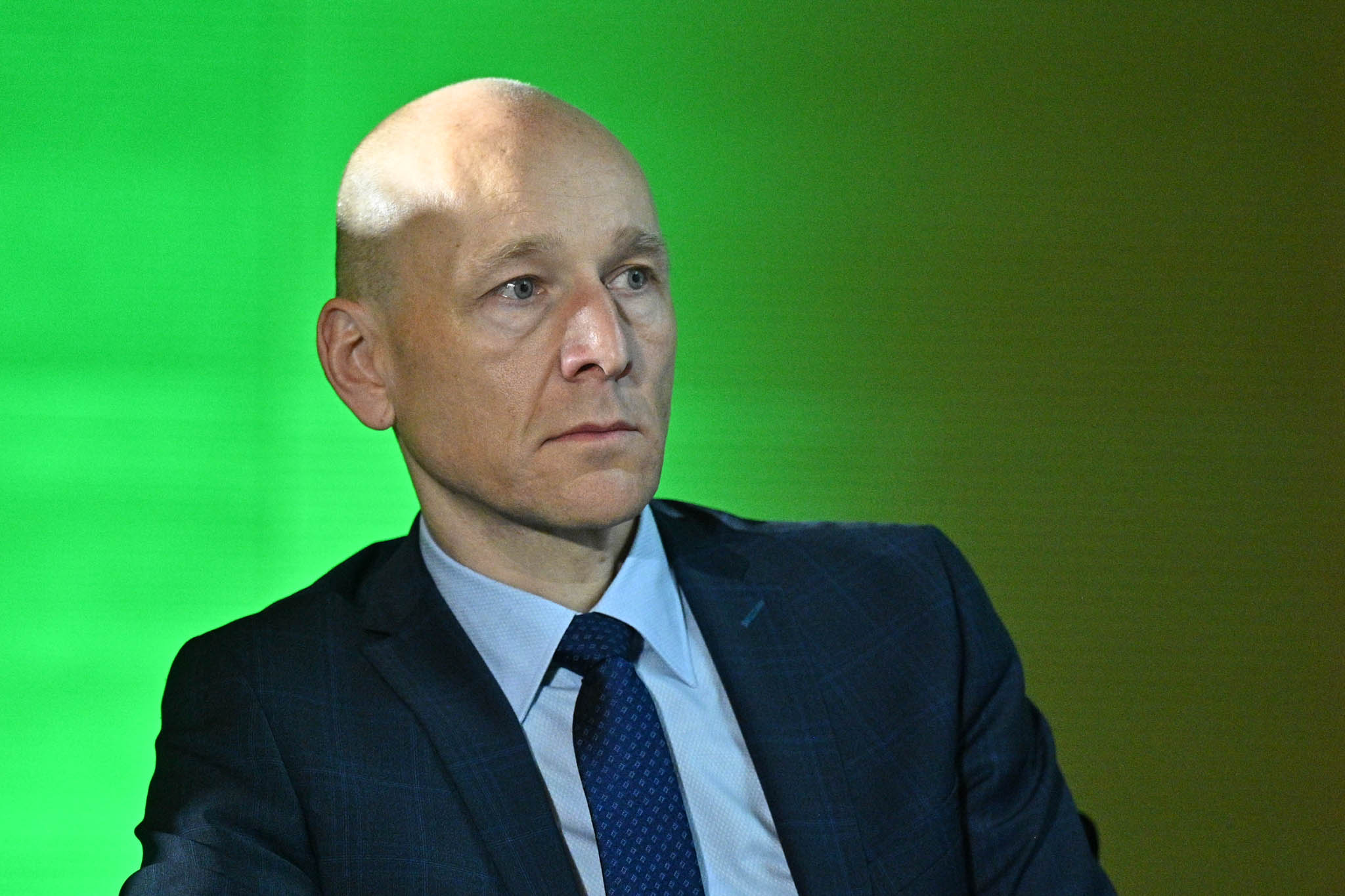
According to General Bieńek, the key to building infrastructure resilience is infrastructure monitoring, an efficient notification and training system, but also segmentation of the network itself.
"We can't concentrate all our forces and resources in one place. Logistics are dispersed , and the same applies to civilian infrastructure ," said NATO's deputy strategic commander.
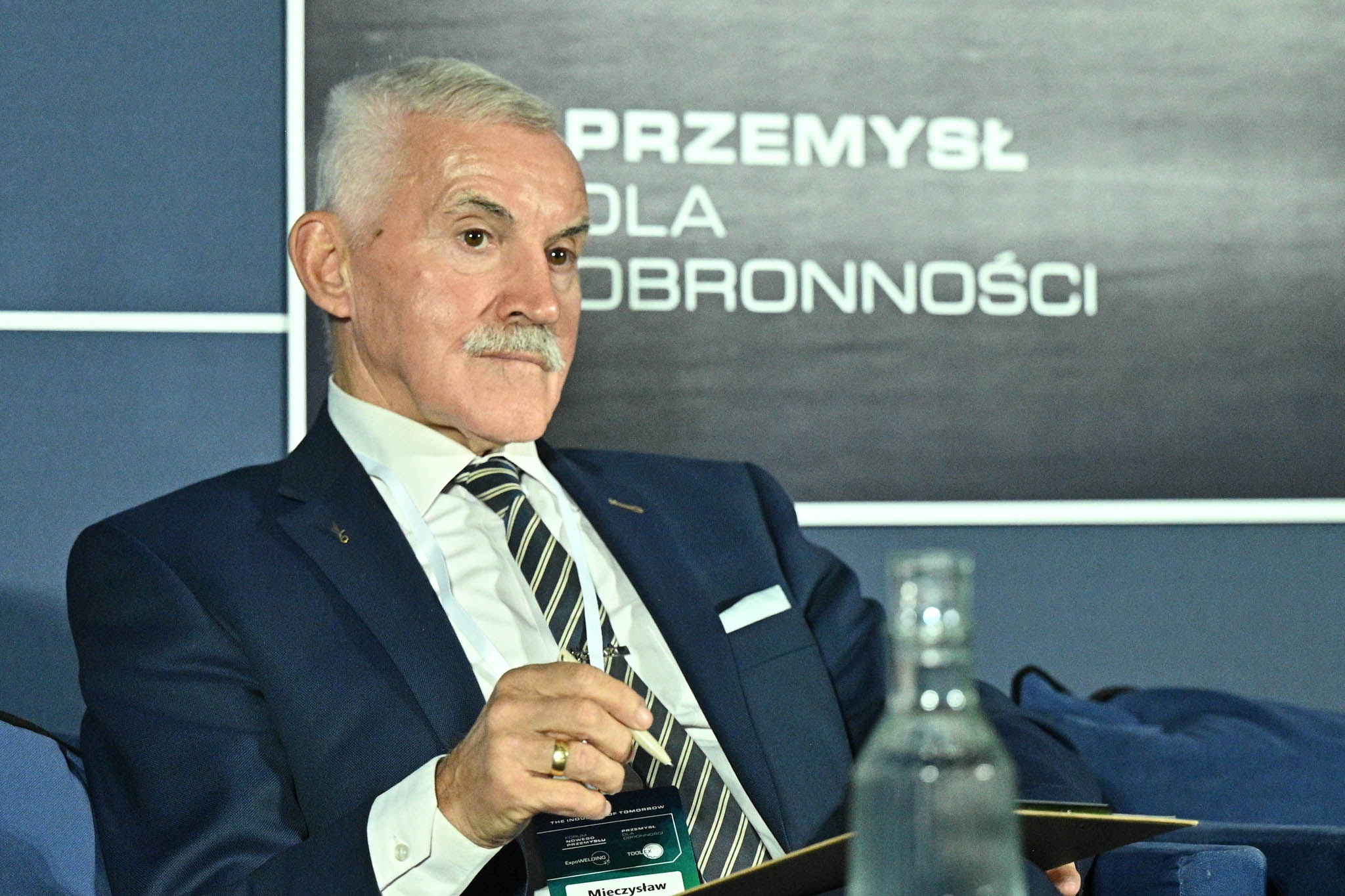
- We need distributed infrastructure, but it cannot be achieved solely by the state, commented President Kaczmarek, appealing in this context for more programs that would motivate private capital to invest in such infrastructure.
- We are withdrawing from the concession and we can release huge amounts of money for new investments in road infrastructure - he declared on behalf of his company.
"We need to create a framework for financing all these investments that are intended to be dual-use. If dual-use is slightly more expensive, someone has to pay for it , and secondly, we also need to develop legal standards that will allow us to implement such things," noted Alan Beroud, president of the board of the Polish State Railways , pointing out that security-related investments in commercial companies may face questions about their economic efficiency , while the lack of an integrated structure complicates the management of Polish railways in the event of an armed conflict.
"For now, if war breaks out, I'll take over, according to this law, but I can only manage what's within the PKP group. I can't manage everything else. To determine how rail crossings are to be implemented, we'll have to sit down with all the companies and talk, just like we're doing today," explained the PKP president. He also openly admitted that in the event of war, modern traffic control systems shouldn't be relied upon, because if several electrical substations on the railway line are shut down or if the power infrastructure is attacked, they'll simply cease to function.
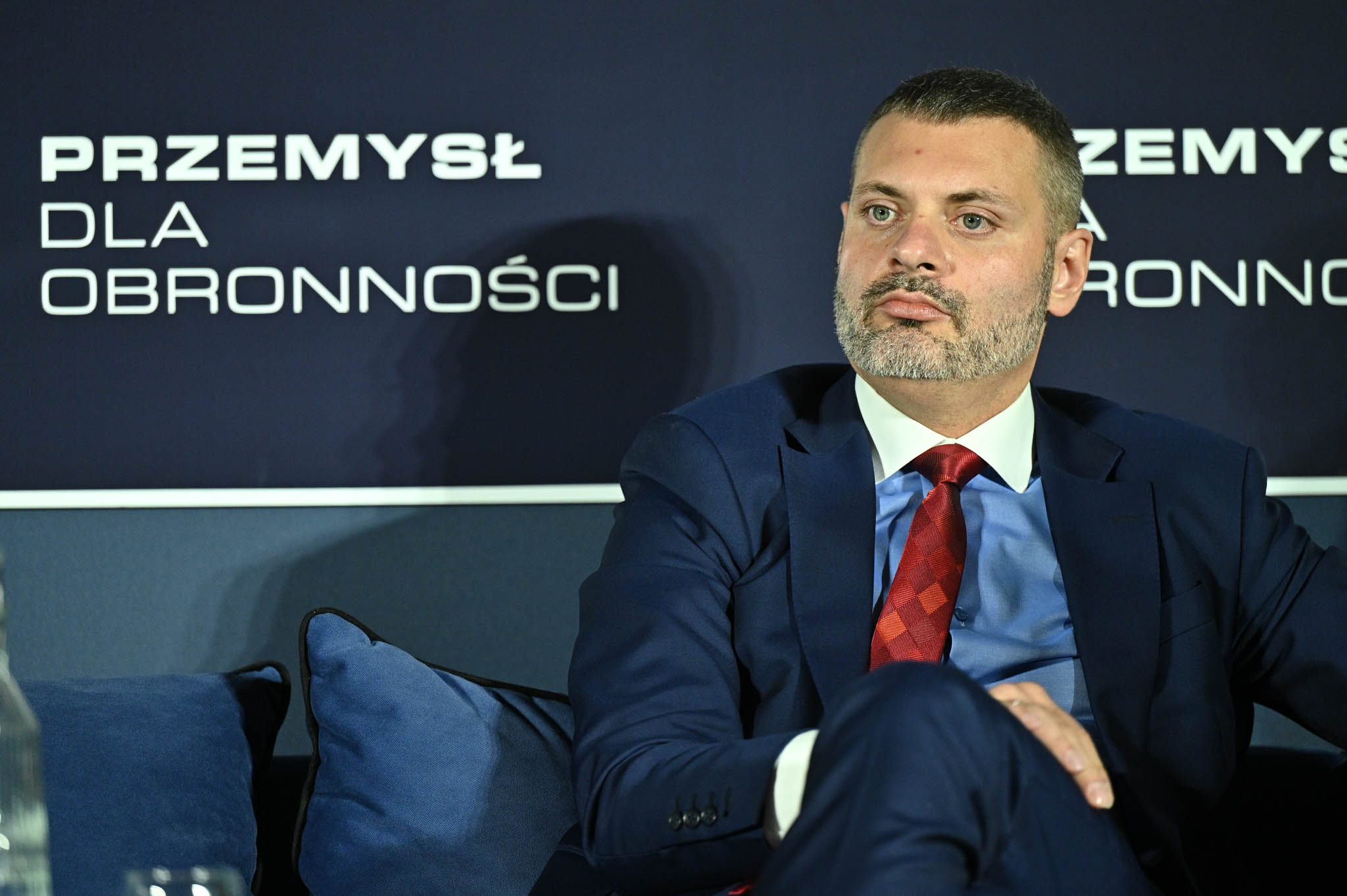
"We will have to manage traffic manually. We will have to use semaphores, and we will have to continue practicing what was the norm on Polish railways until recently— manual train control and recovery . These procedures exist and should exist as a safeguard for modern cyber systems," said Alan Beroud.
The government program is an opportunity for business. It provides a stable source of financing, emphasizes the voivode.The debate also touched on the Civil Protection Act , which came into effect on January 1st. Voivode Marek Wójcik noted that the first steps taken by mid-year in connection with this regulation included training all commune heads, mayors, city presidents, district heads, ministers, deputy ministers, heads of central offices, and voivodes to understand their responsibilities in the context of civil protection (including civil defense). According to the act, all building managers and administrators were required to report the protective structures under their control to the fire service by the end of March. The State Fire Service, in conjunction with the Building Inspection Authority, was then to assess the suitability of these structures based on the new standards. Approximately 5,000 such structures were reported nationwide , including approximately 1,200 in the Silesian Voivodeship.
"So far, we've verified approximately 700. After this verification, we already know that a significant portion of these facilities are completely unusable, " the voivode stated. He reminded the public that local governments can apply for funding from a government program to restore these facilities, emphasizing that investing in security creates business opportunities.
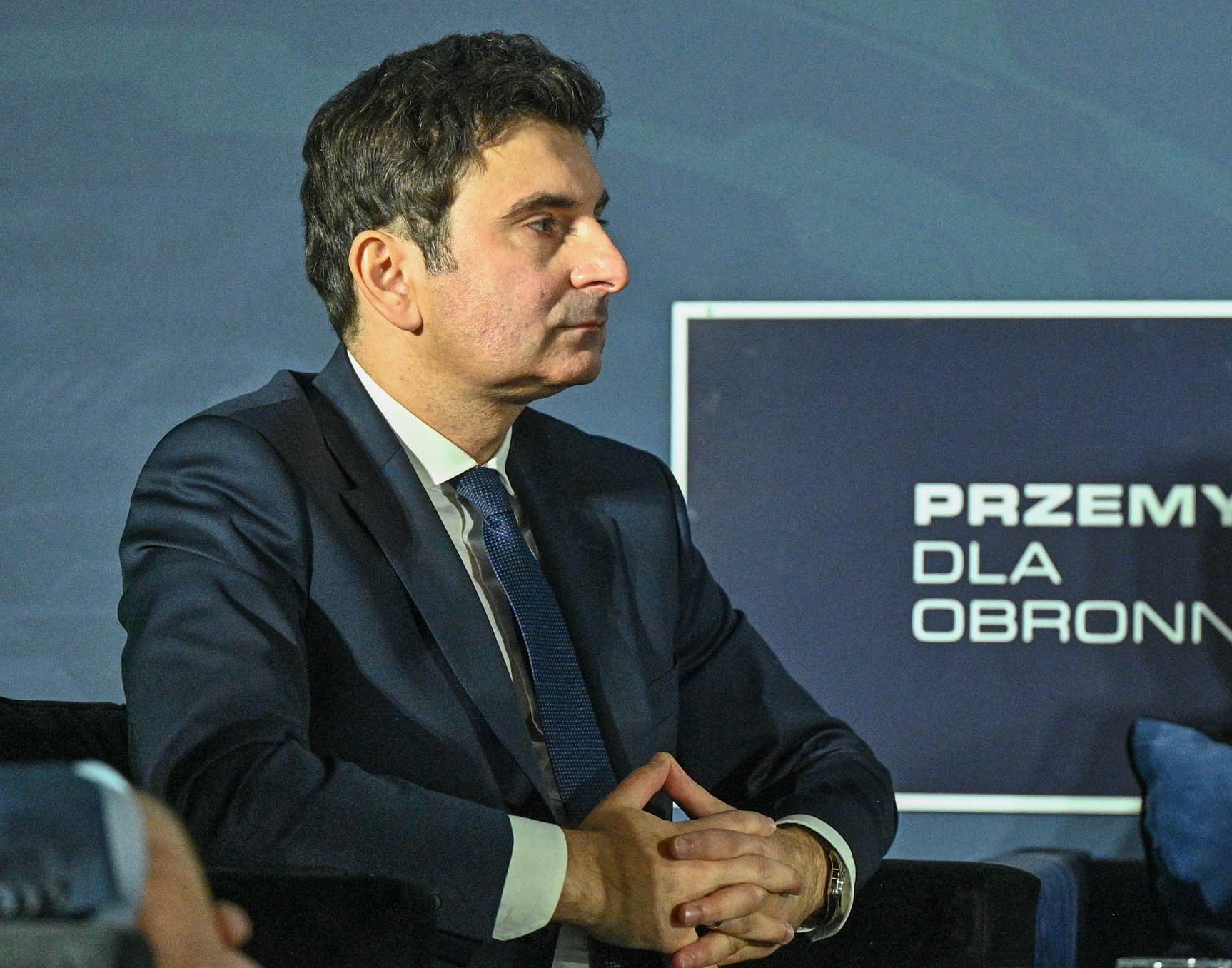
- There is a stable source of financing, and someone will have to carry out various types of tasks related to conservation areas, adapting these facilities, and equipping them - said Voivode Wójcik.
This text is based on the "Investments, Infrastructure, Security" debate held as part of the first edition of the "Industry for Defense" event. Watch the panel report:
wnp.pl




